Children are not just small adults. Digestive, liver and nutritional problems seen in adults are often quite different from those seen in children. Pediatric gastroenterologists treat children with gastrointestinal issues from the newborn period through the teen years, and in some cases, into early adulthood. They are dedicated to caring only for children, which means they are also specialists in addressing the unique needs of children and families living with these disorders.
Pediatric gastroenterologists are trained to perform diagnostic tests of a child’s digestive system if indicated. Examples of these tests include endoscopy and/or colonoscopy (used to examine the inside of the digestive tract or obtain tissue samples, also known as biopsies). These tests can be used to help aid in evaluation and diagnosis. Pediatric gastroenterologists also have extensive knowledge of managing nutritional problems in children, including placement and management of feeding tubes.
A pediatric gastroenterologist may also work alongside other pediatric nurse practitioners or physician assistants, who are also capable of diagnosis and treatment of a child’s condition. Often as well, there is a dietitian or nutritionist that works alongside the doctors, nurse practitioners or physician assistants.
Some common problems or conditions that pediatric gastroenterologists see include:
- Acute or chronic abdominal pain
- Vomiting
- Chronic constipation
- Food intolerances
- Lactose intolerance
- Celiac disease
- Bleeding from the gastrointestinal tract
- Reflux or GERD
- Inflammatory bowel disease (Crohn’s disease and Ulcerative Colitis)
- Functional gastro-intestinal disorders (such as Irritable Bowel Syndrome)
- Liver disease
- Chronic or severe diarrhea
- Feeding disorders
- Nutritional problems (including malnutrition, failure to thrive and obesity)
- Pancreatic insufficiency (including cystic fibrosis) and pancreatitis
It is important to involve the child, the family, their primary care provider and any other needed specialists in a unified team approach to treatment and management of digestive, stomach and liver issues. If you are not quite sure if your child needs to see a pediatric gastroenterologist, it may be best to discuss with your pediatrician as a starting place.
 https://riseandshine.childrensnational.org/wp-content/uploads/2024/10/Medical-symbol-with-stars-Feature.png
300
400
Danielle Robbins
https://riseandshine.childrensnational.org/wp-content/uploads/2017/11/childrens_riseandshine_logo.jpg
Danielle Robbins2024-10-01 12:51:302024-10-01 13:23:36What are hospital rankings?
https://riseandshine.childrensnational.org/wp-content/uploads/2024/10/Medical-symbol-with-stars-Feature.png
300
400
Danielle Robbins
https://riseandshine.childrensnational.org/wp-content/uploads/2017/11/childrens_riseandshine_logo.jpg
Danielle Robbins2024-10-01 12:51:302024-10-01 13:23:36What are hospital rankings?


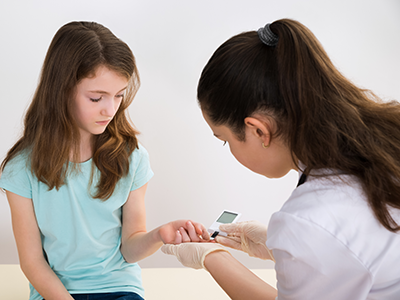
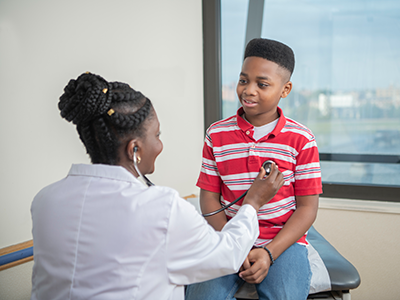

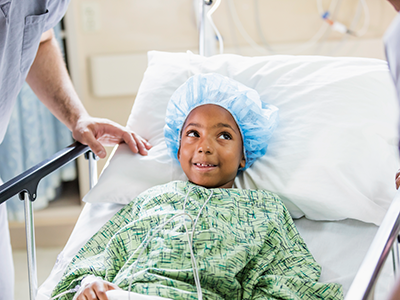
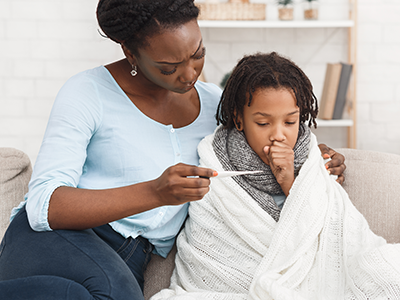




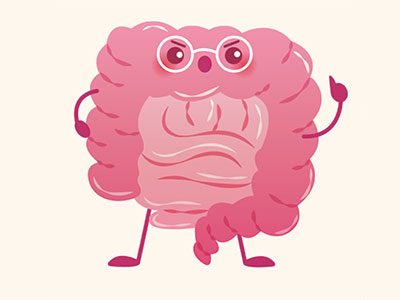




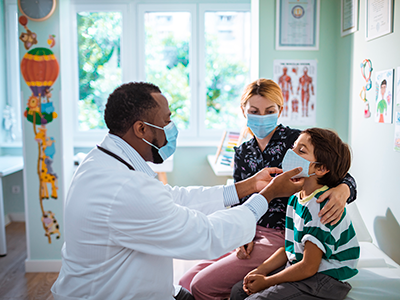


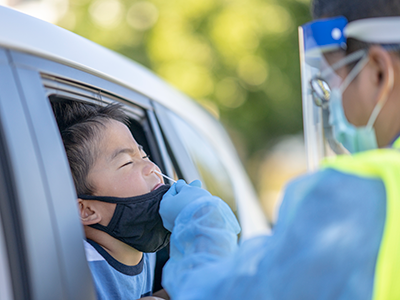
Leave a Comment
Want to join the discussion?Feel free to contribute!